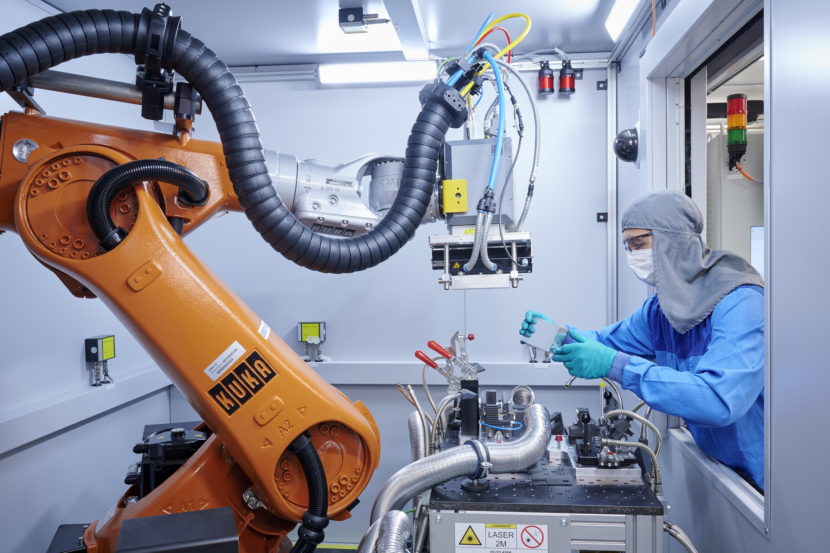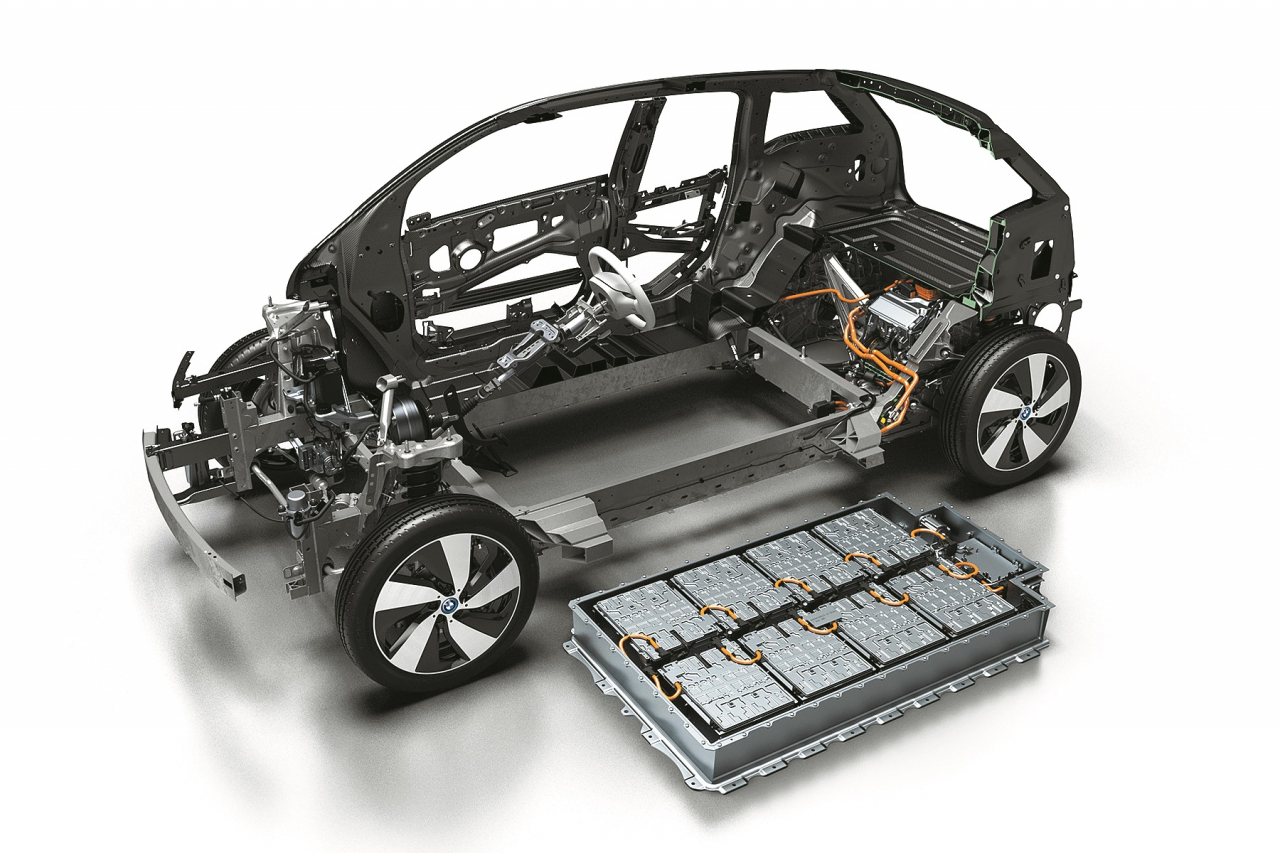This year the fifth generation of batteries for BMW electric cars will start to be manufactured. A step forward in aspects such as energy density, cost, and sustainability after the agreement was signed between the Germans and their suppliers to make production 100% renewable.
In this way, BMW wants to reduce the environmental impact of the production of an element that occupies up to 40% of the CO2 emitted during the manufacture of an electric car. It will have a significant impact on emissions of the entire production and operational process of the vehicles.
According to Oliver Zipse, CEO of BMW, depending on where these batteries are produced, the consumption of electricity from sources such as coal can be up to a third of the total. Something that BMW wants to tackle in the bud with this critical agreement.
BMW will present its fifth-generation batteries later this year with the arrival of the iX3. A technology that will be implemented in the entire product line, including the BMW iNEXT and BMW i4, which will hit the market in 2021. If this project is completed, all of them will have batteries that, in addition to being more competitive and with more autonomy, will also be more sustainable as they are manufactured using only clean energy.
For the head of the Munich brand, this means taking sustainability to a new level. With the use of renewables, they hope to save emissions of around 10 million tons of CO2 in the next ten years.

In this way, BMW sets a significant precedent that will serve to show that it is possible to increase the sustainability of electric mobility that during the pandemic has been demonstrated that a new cleaner model is viable. However, it needs work in aspects such as the production chain itself, but also in others such as recycling and reuse of materials, which is also part of BMW’s strategy.
A circular economy will require massive investments, but that in the medium and long term will bring significant benefits not only for a society with fewer emissions but also for manufacturers who will bet on increasingly cheaper energy sources.

